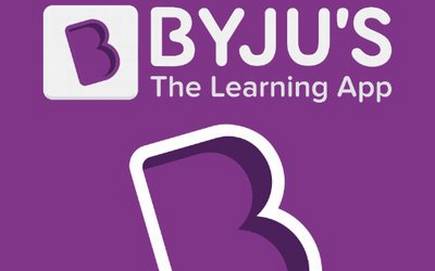
Online education apps became popular during the pandemic and made online learning a part of every child’s school experience, even in the post-pandemic world. While its most obvious benefit is accessibility in the absence of physical school, these apps certainly offer much more. They ensure better learning control with personalized attention and provisions for individual learning needs. They allow for more creative ways to engage and immerse learners in the subject and help with progress tracking and self-evaluation. Today there are several thousands of learning apps available for download. Yet finding one that can successfully enhance your child’s learning and academic progress can be tricky and daunting. Here are four tips to help you make a more calculated and informed decision about what learning app best suits your child:
One thing all students have in common is that they learn best when topics that interest them are incorporated into their studies. Children’s learning apps that adopt features like cartoons and gamification immediately become more relatable. They bring the important fun element into the lesson, helping children concentrate better, assimilate, and grasp big ideas and stay motivated. Apps like Toondemy, for kids aged 3-10 years use popular national and international cartoon characters like Suppandi, Unicorn, Dino, Little Singham, Bal Ganesh, Mighty Raju, Shaktimaan to help children build critical thinking abilities, vocabulary, and creativity.
Educationists have come to understand that one general idea of intelligence does not do justice to the human brain. There are different categories of intelligences covering a range of strengths and capabilities. Similarly, the learning styles of each child can differ based on strengths and interests. This theory recognizes that each child processes information and learns best, depending on their strengths and interests. Some children need audio and visual cues to help them learn, while others prefer to practice or read. Understanding your child’s preferred learning style will help you find the best ways to support engagement and foster success. For example, apps like Kiddopia include inputs from parents, teachers, artists, and developers to joyfully build learning experiences for curious little minds.
The play-based approach to learning adopted by several learning apps such as PlayShifu, a leading AR toy company providing educational play experiences, encourages learning and inquiry and stretches their thinking to higher levels. Play-based learning enables problem-solving, prediction, and hypothesizing. It can help develop social, cognitive, and emotional skills and help children build self-confidence.
Progress Tracking: Learning apps help keep kids organized and productive. They ensure that children are on-track with their curriculum and academic goals. These apps also allow parents to view, manage and stay in control of their progress, identify gaps in their understanding and comprehension and take measures to bridge them. Apps like Byjus have mentors who share monthly progress reports, provide and suggest personalised extra classes based on the student’s unique learning requirement.



















